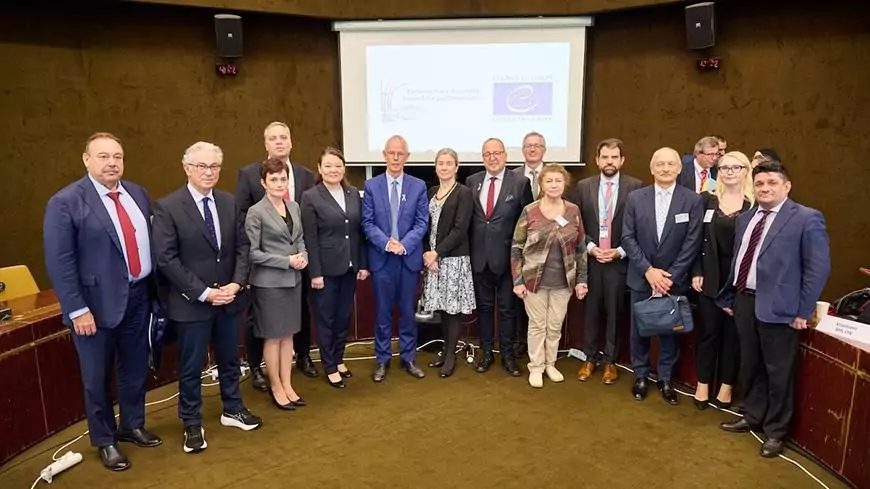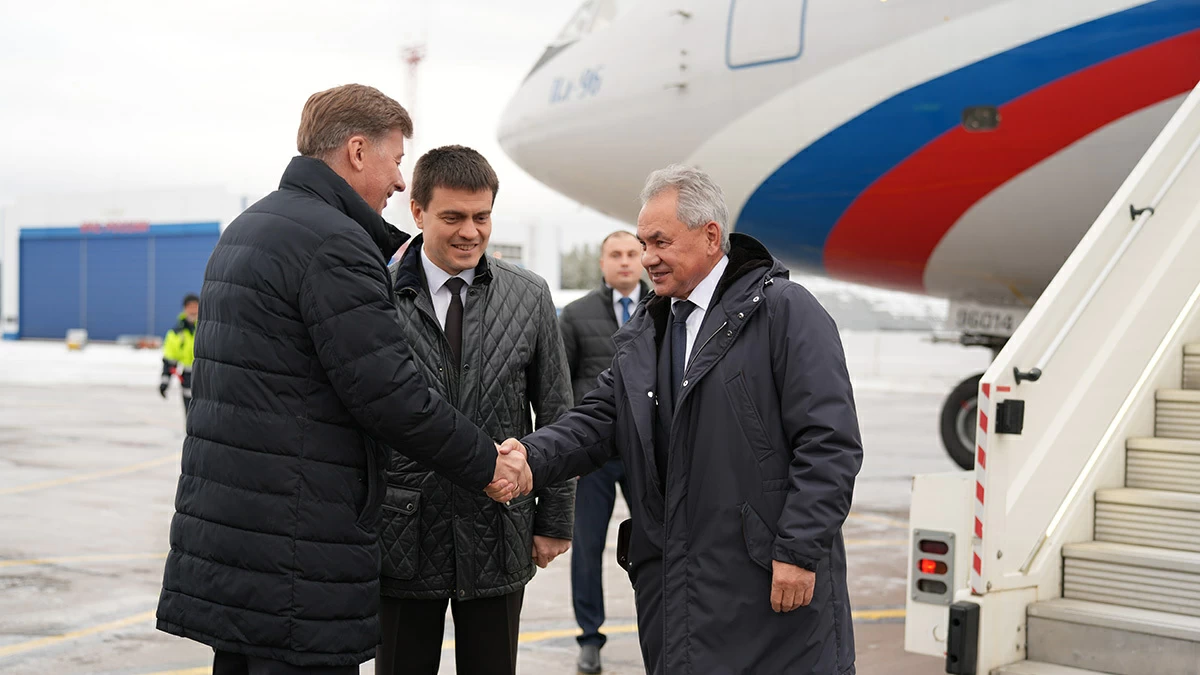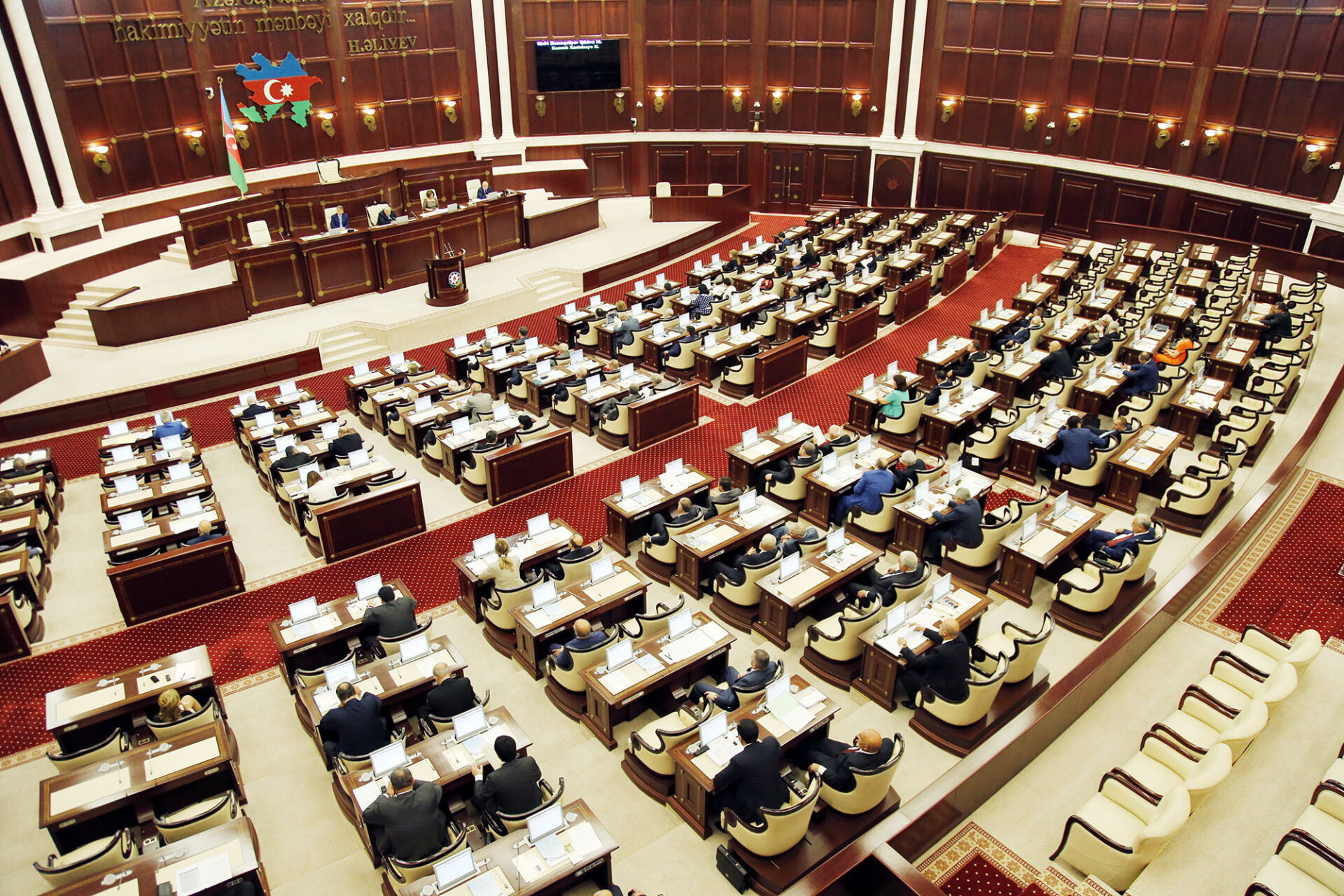
Russian Opposition Lacks Unified Strategy
Executive Summary:
- Late-Russian opposition leader Alexei Navalny’s widow, Yulia Navalnaya, calls for Europe to develop a united, long-term strategy toward Russia while preserving the country’s territorial integrity.
- The Russian opposition remains fragmented, divided between Moscow-centric reformists such as Navalnaya’s camp and ethno-national or regionalist forces advocating de-imperialization. This lack of consensus undermines the opposition’s ability to present a cohesive alternative to Russian President Vladimir Putin’s regime.
- This disunity hampers engagement with European institutions, such as the Parliamentary Assembly of the Council of Europe’s Platform for Dialogue with Russian Democratic Forces, and undermines prospects for coherent democratic reform.
Late-Russian opposition leader Alexei Navalny’s widow, Yulia Navalnaya, who considers herself a successor to her late husband’s policies, published a column in The Economist on September 24 arguing that Europe should have a united, long-term strategy toward Russia (The Economist, September 24). The Russian opposition to Russian President Vladimir Putin’s regime itself, however, lacks a unified approach (see Promethean Liberation, May 30). Some oppositionists not only offer incompatible ideas about how to accomplish their goals but, at times, have also accused each other of working for the Kremlin (DW, September 12, 2024). It is often challenging for foreign observers to determine which movements can be considered genuine representatives of the opposition.
In her article, Navalnaya advocates the principle of a united Russia while rejecting the policies of the ruling party of the same name. She has advised Western politicians not to threaten to divide Russia into many parts, as Putin has long accused his opponents of having such plans, in order to discredit those opposed to him and consolidate Russian society around his leadership (The Moscow Times, September 6, 2024). By this logic, if Putin accuses someone of something, the accused is guilty (The Moscow Times, September 30). It is difficult to imagine any Western politician or political scientist speaking in the language of “threats of Russia’s division.” For example, Jamestown Senior Fellow Janusz Bugajski’s anthology of articles on Russian de-imperialization, published in 2025, is not a threat, as the Kremlin perceives other initiatives similar to this, but rather a free discussion about a possible future (Free Nations, New States, accessed October 15). In Russia itself, such discussions are prohibited under real threat of criminal prosecution for calls to violate territorial integrity (President of Russia, July 22, 2014).
The publication of her article in The Economist is not the first time Navalnaya has demonstrated heightened concern for Russia’s state integrity. Last year, she expressed similar ideas at the European Strategic Forum in Slovenia. At that time, she criticized political exile actors who advocated the need for Russia’s decolonization (Radio Svoboda, September 6, 2024).
Navalnaya opposes Russia’s war against Ukraine. She fails to note, however, that this war is colonial in nature, continuing the imperial strategy of “gathering lands around Moscow” (The Moscow Times, September 30). Navalnaya’s proposed strategy requires preserving today’s Russia as a unified state. In her view, aggressive Putinism, with its wars against neighbors and threats to the entire world, is some kind of random excess, not a logical return of Russian history to its imperial rut. Therefore, Navalnaya’s initiatives have not found common ground with representatives of the numerous movements for regional self-government in Russia.
Today, Navalnaya is calling for a campaign against the United Russia party in the 2026 State Duma elections (Meduza, September 24). Such projects, however, were only somewhat successful in the 2000s, and in the era of full-scale war, they appear anachronistic. All the other Russian political parties allowed to participate in the elections support the war, so there is no real choice between them regarding the trajectory of Russia’s imperialistic path. The regional elections held in September 2025 demonstrated the lack of real competition between them. In that campaign, the United Russia party even ceded some electoral districts to its formal “opponents” to create the illusion of a multi-party system (Ridl.io, September 27). Under these conditions, such a system is not politically legitimate, given that Putin has ruled the country single-handedly for 25 years and rewritten the Russian Constitution to suit his own needs (see EDM, July 2, 8, 2020). Playing by the rules of this system is pointless (Idel Realii, October 2).
The Council of Europe expelled Russia back in 2022, immediately after the start of its full-scale invasion of Ukraine (DW, March 15, 2022;Council of Europe, March 16, 2022). Following Navalny’s death in a Russian penal colony in February 2024, the Parliamentary Assembly of the Council of Europe (PACE) declared its non-recognition of Putin’s legitimacy as President of Russia (see EDM, February 20, 21, 2024). In the same resolution, PACE announced, “Decolonization of the Russian Federation is a necessary condition for the establishment of democracy” (PACE, April 17, 2024).
In a recent resolution, PACE announced the creation of the Platform for Dialogue with Russian Democratic Forces in Exile (PACE, October 2). Russian opposition figures are gaining the opportunity to participate in the work of European parliamentary structures in place of the official Russian representatives, who have been excluded from PACE. When this announcement was made, however, who would participate in this platform had not been finalized. The Assembly noted, “Russian democratic forces do not have a single, unified political structure.” Because of this, PACE “encouraged Russian groups and initiatives in exile to join forces to advocate for democratic change in Russia, expose the crimes of the Russian regime and support Ukrainians” (PACE, October 2).
The Russian opposition has continuously demonstrated a lack of a unified strategy. First, Navalny’s political heirs refused to participate in the platform’s work, declaring, “PACE’s significance is extremely small” (Telegram/@leonid_volkov, October 3). Although PACE does not make binding political decisions for specific countries, participation in its activities lends legitimacy to Russian opposition figures in Europe. The heads of the Anti-Corruption Foundation, founded by Navalny, however, consider their organization the undisputed leader of the Russian opposition. They follow the personalist tradition that has been dominant in Russian politics. Second, a fundamental dispute between Moscow-centrists and decolonizers continues within the Russian opposition. In February, representatives of various ethnic minorities from the Russian Federation appealed to PACE, asking that their voices be taken into account in decision-making (Idel Realii, February 13). PACE heeded this request—a third of the seats in the newly created Platform for Dialogue with Russian Democratic Forces in Exile will be reserved for ethno-national movements. Many of the federal oppositionists who are expected to occupy two-thirds of the seats in this Platform, however, were previously representatives of the Russian authorities themselves, which has caused a mixed reaction among observers (Radio Svoboda, October 6).
These disagreements have occurred because Putin’s Russia perceives itself as a continuation of the Russian Empire, rather than a genuine federation with a high degree of regional self-government. Consequently, today, the traditional imperial conflict between the metropolis and the colonies is inevitably reproduced. Many of Putin’s “radical” opponents in exile, however, also continue to echo a Moscow-centric, unitary mentality, making it challenging to work with opposition groups that operate outside of a Moscow-centric agenda (Radio Svoboda, March 3, 2023; Mostnews.org, September 19). The contradictions between the Russian opposition’s various movements are deeper than those between political parties in a single country. Many ethno-national and regionalist movements do not consider themselves “Russian” at all and prefer to position themselves as “post-Russian” movements (see EDM, August 10, 2022). The success of the Russian opposition’s battle against the Putin regime lies between the diverging ideals for Russia’s future trajectory.


